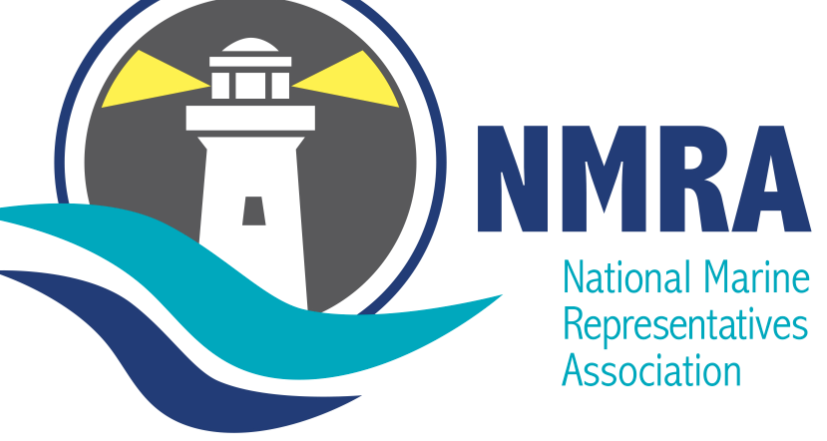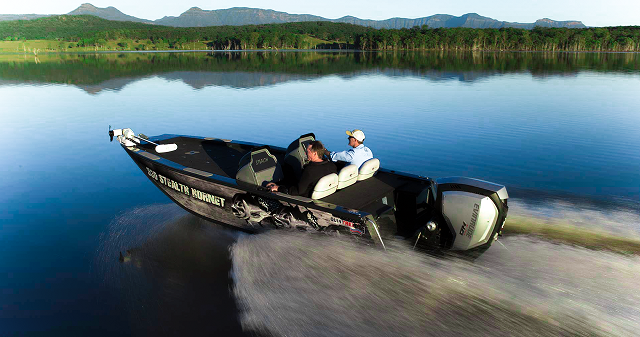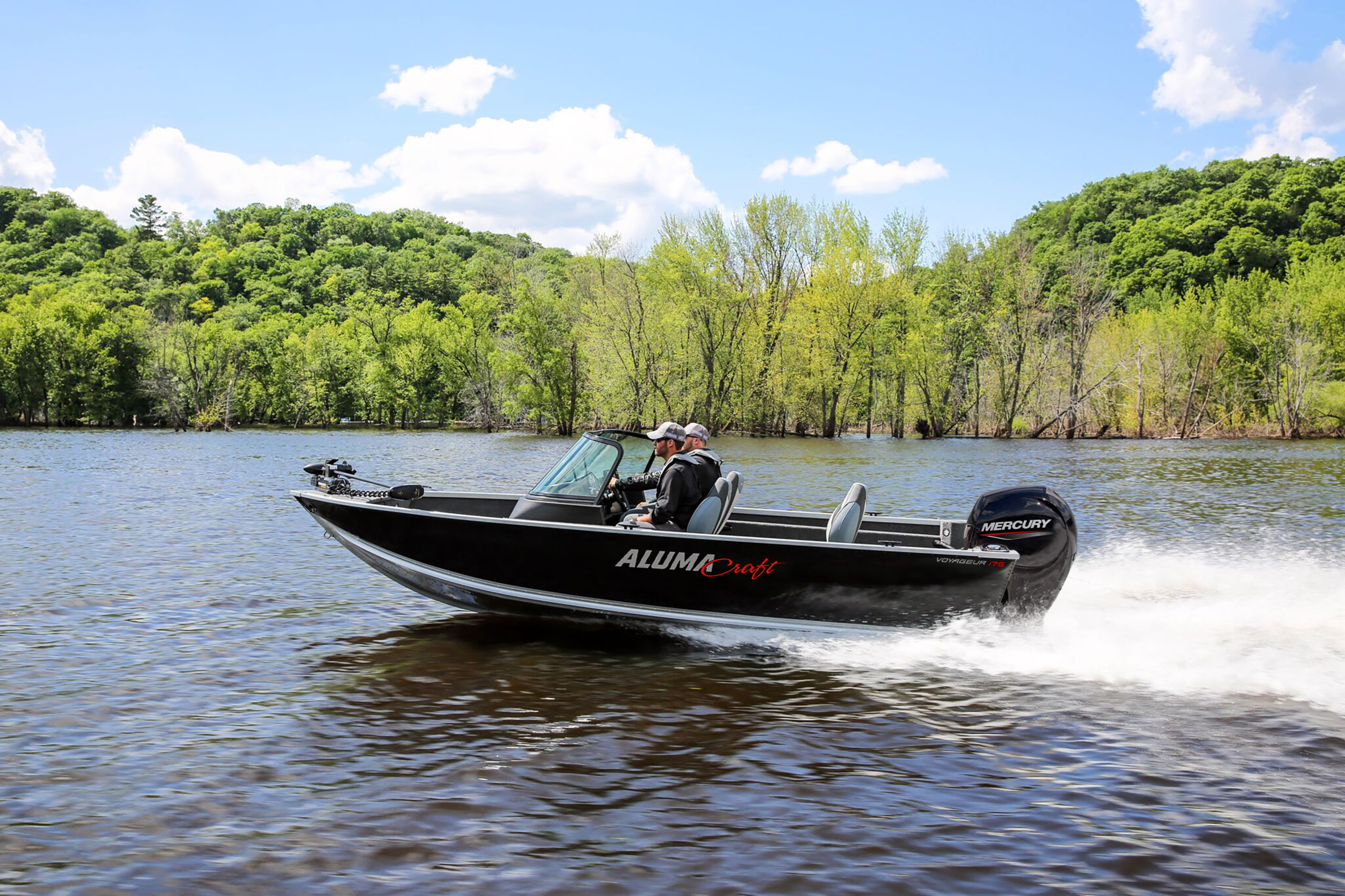Boating-related ethanol lawsuit moves forward
NAPLES, Fla. – A Florida lawsuit, alleging negligence against six oil companies for failing to warn boat owners of potential harm from ethanol-blended gasoline, survived a motion to dismiss from the defendants, NaplesNews.com reported this morning.
Plaintiff attorney Jeffrey Ostrow of Fort Lauderdale told the Web site that the next step is pursuing certification to become a class-action lawsuit, and that the intent is to represent all Florida boat owners who have used ethanol-blended fuel and whose boats have been damaged by the fuel. He filed the lawsuit in August 2008 on behalf of three plaintiffs.
The defendants include Chevron, Exxon, BP, Shell Oil, ConocoPhillips and Tower Energy Corp., a California-based independent petroleum wholesaler, the report stated.
The Web site reported that the lawsuit claims the oil companies were negligent by not providing warnings to boat owners that ethanol additives can corrode fiberglass fuel tanks and require the tanks to be replaced, and secondly, that phased separation of ethanol from gasoline can cause engine damage. The goal with the class-action lawsuit, the site reported, is to reimburse the boat owners for repairs and to require a warning label on fuel pumps alerting boaters not to use ethanol-blended gasoline, or consult with a boat mechanic, Ostrow told the site.
U.S. District Court Judge Cecilia M. Altonaga issued an order this week allowing the complaint to move forward on one count of negligence, NaplesNews.com reported. During earlier proceedings, the plaintiffs’ attorney agreed to drop two other counts that the oil companies intentionally concealed potential harm of ethanol in gasoline and as such, violated Florida’s deceptive and unfair trade law.
At issue is a state law adopted in spring 2008, which states all gasoline sold in Florida must contain 10 percent ethanol, called E10, by the end of 2010 as part of conservation measures. Two exemptions were included allowing ethanol-free gas to be sold for airplanes and boats. About half a dozen other states require ethanol additives in gasoline.
Shortly after Florida’s law was passed, according to the article, some boat owners around the state began experiencing engine failure and other problems after fueling up with gas purchased at gas stations or with fuel bought at marinas.




